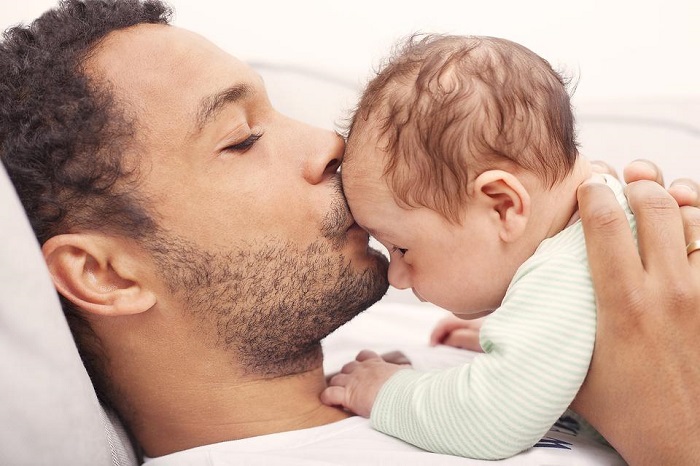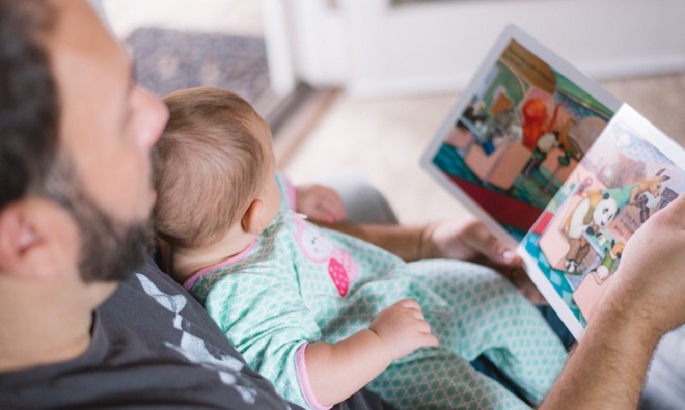As per the new amendments made in the federal law on the regulation of labour relations, President His Highness Sheikh Khalifa Bin Zayed Al Nahyan approved paternal leave for private sector employees in UAE. In the meanwhile, UAE becomes the first Arab nation to implement paternal leave in private sector.
The new amendments are as a part of Kingdom’s policy to support gender balance and equal opportunities as well as to realize family cohesion and stability. As per the updates in the federal law, private sector staff in UAE shall be eligible for five days paid paternal leave to take care of their new-born infants during the period from the date of birth until turning six months.
Apart from attaining family cohesion and stability, it also aims to encourage young talent to engage in employment in the private sector. The parental leave is the latest in a series of benefits for private sector employees to enhance the role of parents, which is granted to the “father or mother” employee in childcare and is paid.

The step is also a part of gender balance-related legislation that aims to create a competitive model for the world. It promotes the working environment in the country’s private sector to harmonize with the next stage within the leadership’s directives to prepare for the next 50 years.
This is a ground-breaking move, putting the UAE not only ahead of its Arab counterparts but also streets ahead of Western countries like the US, where there is no guaranteed paid maternity leave, let alone paid leave for fathers.
Multiple studies show that paternity leave can have lasting benefits, not only for father-child bonding, but for mothers and for the parents’ relationship.

Psychological studies have proved that children whose parents have paternity leave had reported a deeper father-child relationship than children whose father has no paternity leave. Paternity leave also has proven stronger marital stability and the reduced rate of divorce.
A Swedish research shows that flexible leave for fathers has a dramatically positive effect on maternal physical and mental health. It describes policies which ensure fathers have the support they need to prioritize their family responsibilities, while also meeting work demands, can significantly increase the personal and economic well-being of their families.

Recognizing the importance of the father’s role in childcare is another step towards gender equality and is something for which American feminists have been lobbying for decades. It is well documented by psychologists that the transition to motherhood is the most vulnerable period in a woman’s life, both in terms of mental and physical health.
In a country like the UAE, where many expat parents are far from their family support networks, the supportive role of the husband and father becomes even more crucial.
UAE’s decision to grant all private sector fathers a paid period of parental leave makes a strong statement. It says: “Fathers are important. Family is important. The bond between father and baby is important. Father is not just a person who works to feed his family; but he is a care-giver too – both to the mother and the child”.




![The Top & Most Popular Seafood Bucket Restaurants in Dubai for you [Never Miss]](https://uae24x7.com/wp-content/uploads/2020/09/8-seafood-in-a-bucket-scaled-e1600739237403.jpg)
![Procedures for Renewing the Driving License in Abu Dhabi [3 Simple Steps]](https://uae24x7.com/wp-content/uploads/2020/07/Capture-9-e1595666454466.jpg)





